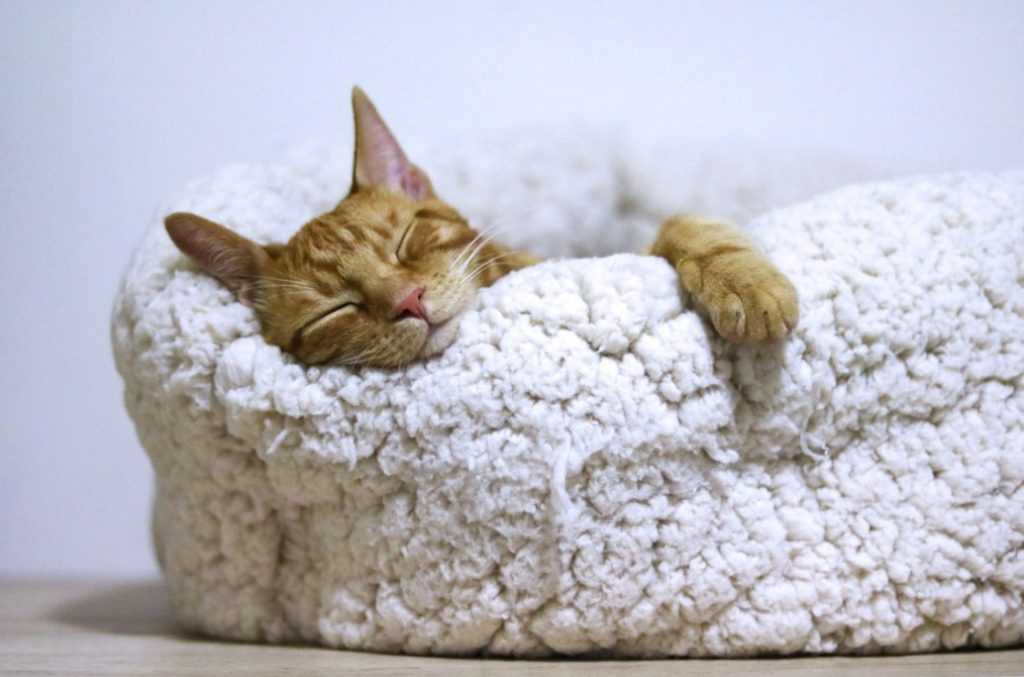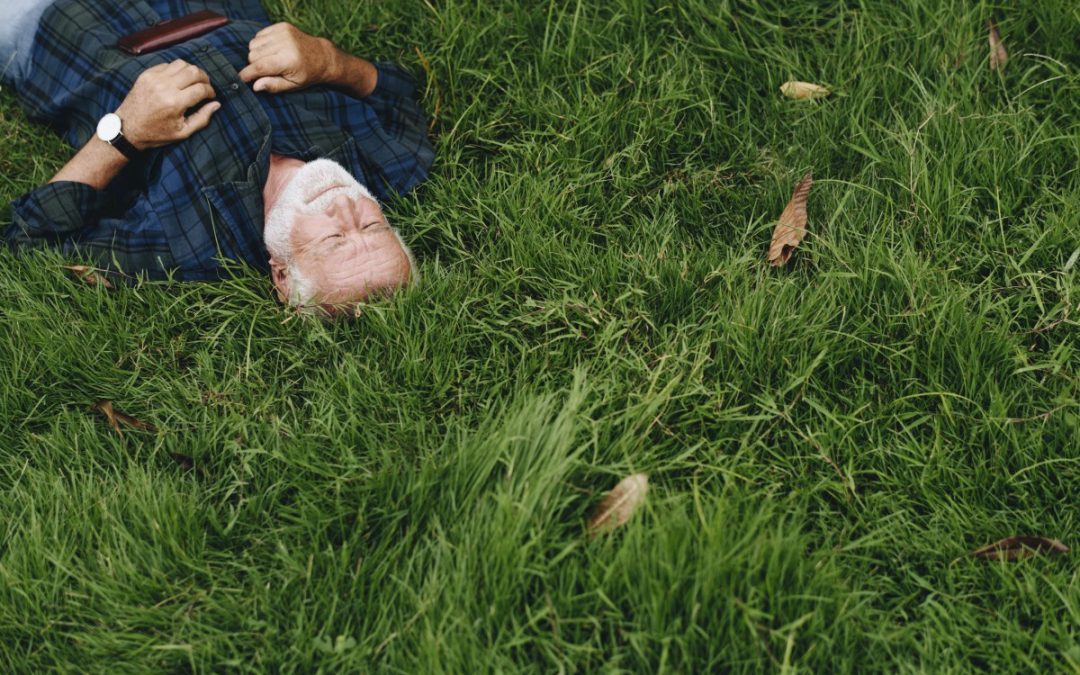A SOUND NIGHT’S SLEEP grows more elusive as people get older. But what some call insomnia may actually be an age-old survival mechanism, researchers report.
A study of modern hunter-gatherers in Tanzania finds that, for people who live in groups, differences in sleep patterns commonly associated with age help ensure that at least one person is awake at all times. This means that if a lion comes looking for a meal, there will be at least one person in the tribe to give off the alarm call.
Mismatched sleep schedules and restless nights seem to be an evolutionary leftover from a time many, many years ago. Says researcher Dr David Samson, “The idea that there’s a benefit to living with grandparents has been around for a while, but this study extends that idea to vigilance during night-time sleep.”
Sleep Studies Reveal All
The Hadza people of northern Tanzania live by hunting and gathering their food, following the rhythms of day and night just as humans did for hundreds of thousands of years before people started growing crops and herding livestock.

The Hadza live and sleep in groups of 20 to 30 people. During the day, men and women go their separate ways. Women forage for tubers, berries, and honey. The men hunt for meat in the savanna woodlands near Tanzania’s Lake Eyasi. Then each night they reunite in the same place, where young and old alike sleep outside, or together in huts made of woven grass and branches.
Alyssa Crittendenis a professor of anthropology and says that the Hadza people tell an important part of the human evolutionary story because they live a lifestyle that is the most similar to our hunting and gathering past. “They sleep on the ground, and have no synthetic lighting or controlled climate – traits that characterised the ancestral sleeping environment for early humans.”
Sleep Trackers
As part of the study, 33 healthy men and women aged 20 to 60 agreed to wear a small watch-like device on their wrists for 20 days, that recorded their night-time movements from one minute to the next.
Hadza sleep patterns were rarely in sync, the researchers found. On average, the participants went to bed shortly after 10 p.m. and woke up around 7 a.m. But some tended to retire as early as 8:00 p.m. and wake up by 6 a.m., while others stayed up past 11 p.m. and snoozed until after 8 a.m.
In between, they roused from slumber several times during the night, tossing and turning or getting up to smoke, tend to a crying baby, or relieve themselves before nodding off again.

As a result, moments when everyone was out cold at once were rare. Out of more than 220 total hours of observation, the researchers were surprised to find only 18 minutes when all adults were sound asleep simultaneously. On average, more than a third of the group was alert, or dozing very lightly, at any given time. And that’s just out of the healthy adults; it doesn’t include children, or people who were injured or sick. Yet the participants didn’t complain of sleep problems.
Guards Not Needed
The findings may help explain why Hadza generally don’t post sentinels to keep watch throughout the night. They don’t need to, the researchers say. Their natural variation in sleep patterns, coupled with light or restless sleep in older adults, is enough to ensure that at least one person is on guard at all times.
Previous studies have found similar patterns in birds, mice and other animals, but this is the first time the phenomenon has been tested in humans. The researchers found that the misaligned sleep schedules were a byproduct of changing sleep patterns common with age.
Older participants in their 50s and 60s generally went to bed earlier, and woke up earlier than those in their 20s and 30s.

They call their theory the “poorly sleeping grandparent hypothesis.” The basic idea is that, for much of human history, living and sleeping in mixed-age groups of people with different sleep habits helped our ancestors keep a watchful eye and make it through the night.
Any time you have a mixed-age group population, some go to bed early, some later. If you’re older you’re more of a morning lark. If you’re younger you’re more of a night owl.
Clues to the Puzzle
The researchers hope the findings will shift our understanding of age-related sleep disorders.
“A lot of older people go to doctors complaining that they wake up early and can’t get back to sleep,” the researchers said. “But maybe there’s nothing wrong with them. Maybe some of the medical issues we have today could be explained not as disorders, but as a relic of an evolutionary past in which they were beneficial.”
If you are up before dawn, don’t forget to look out for lions.
Now that you are not fighting the sleep monsters, you have more time to look after yourself. Click here to read about Mature Onset Addiction

Editor for Silver Magazine Gold Coast

